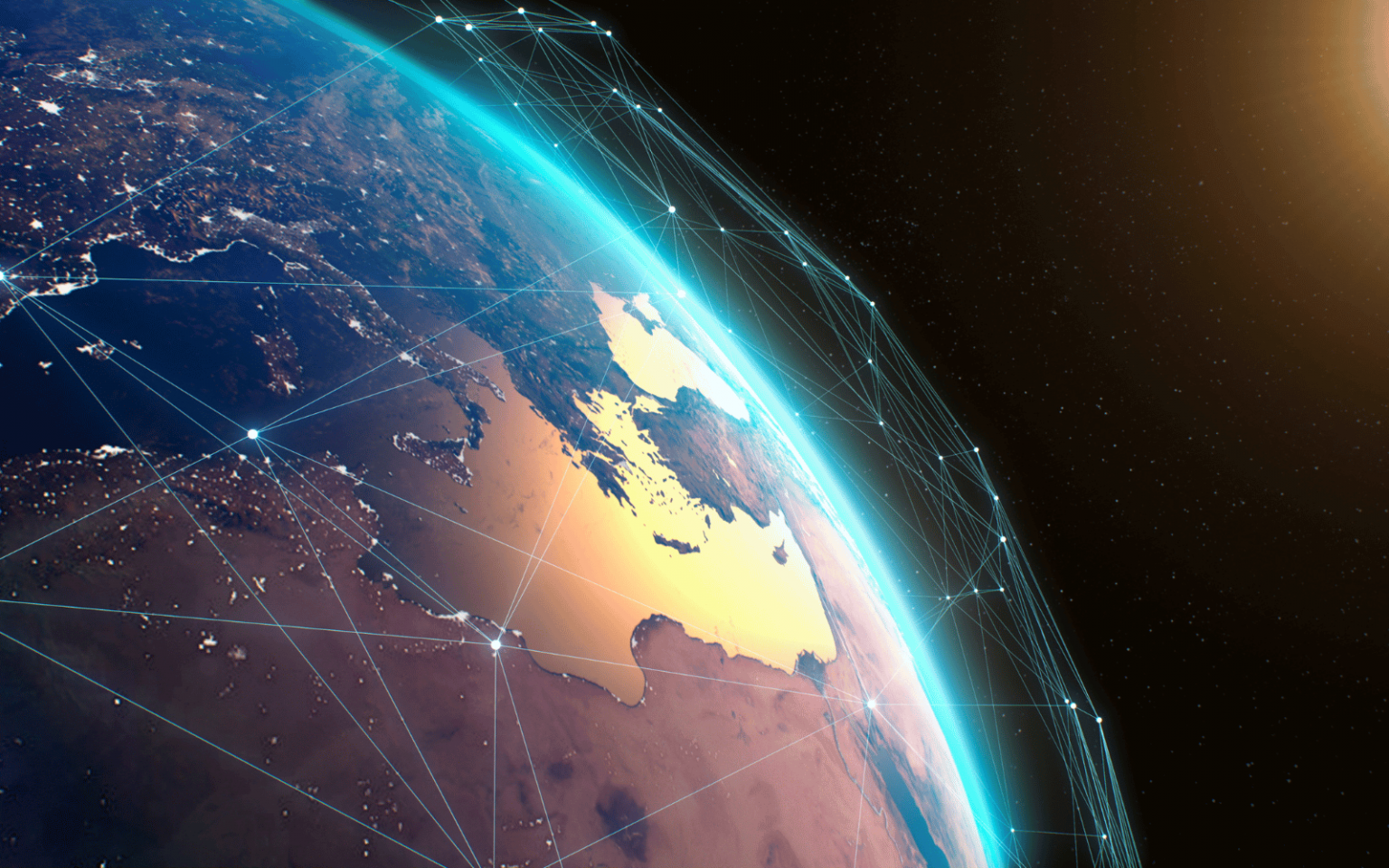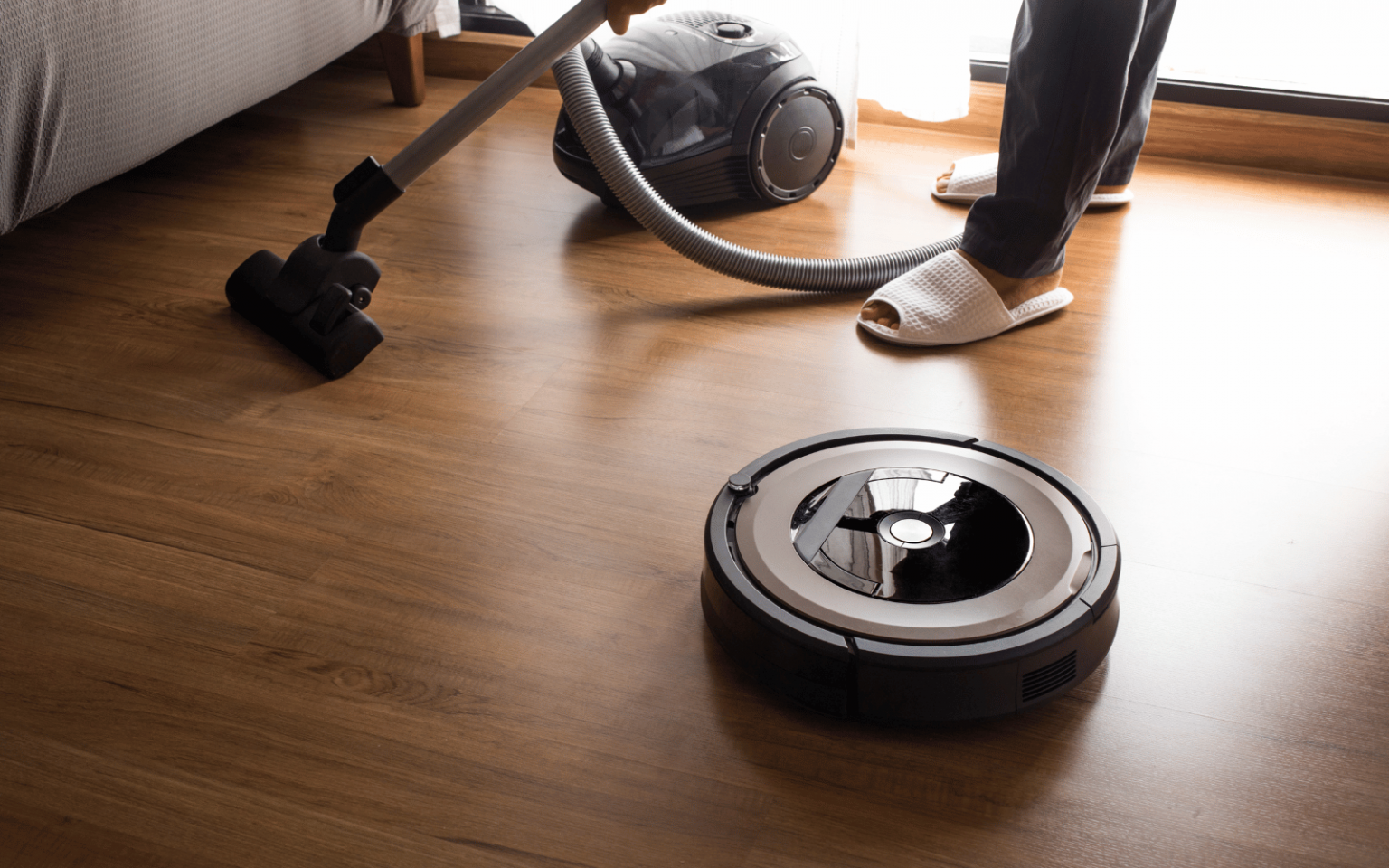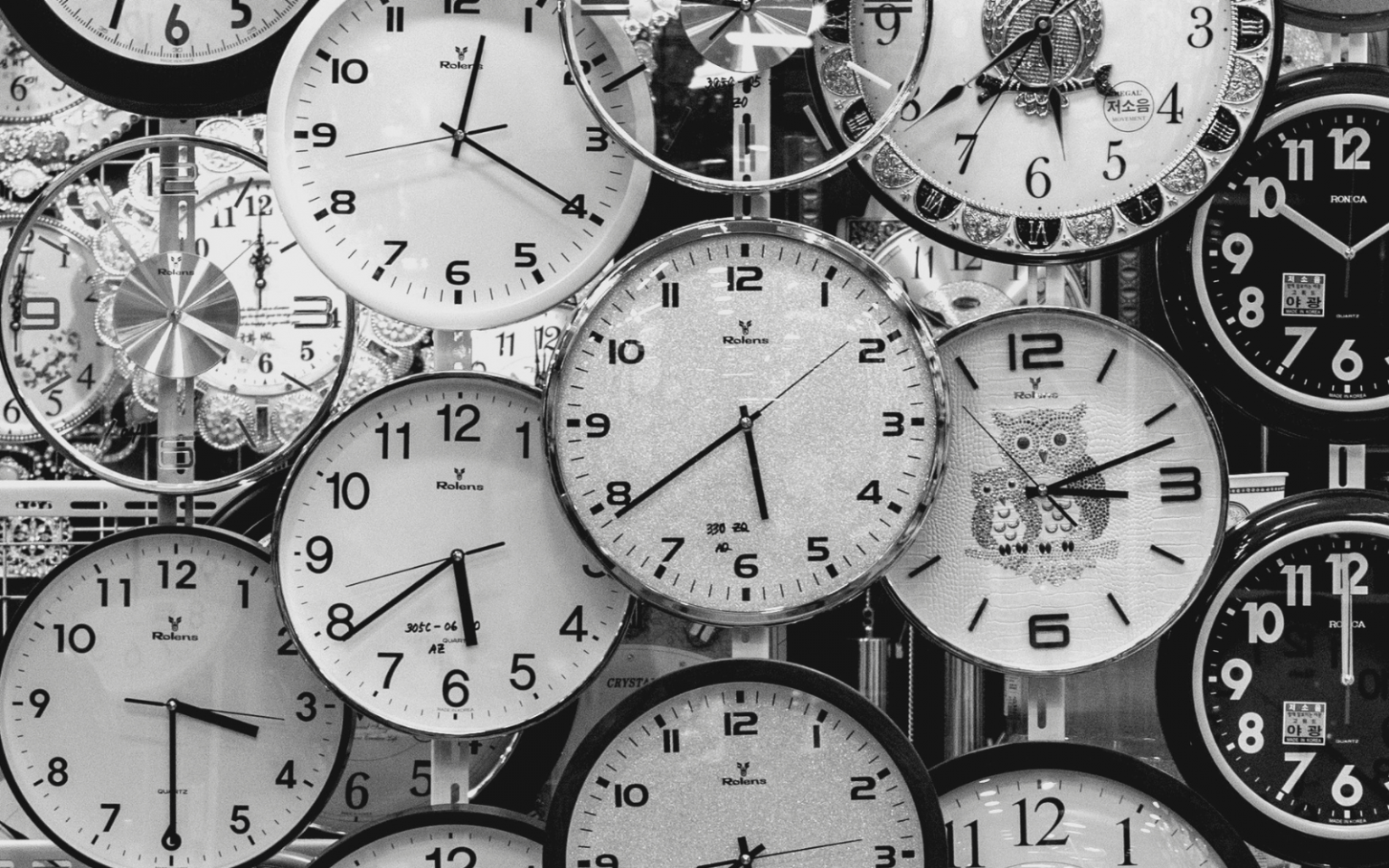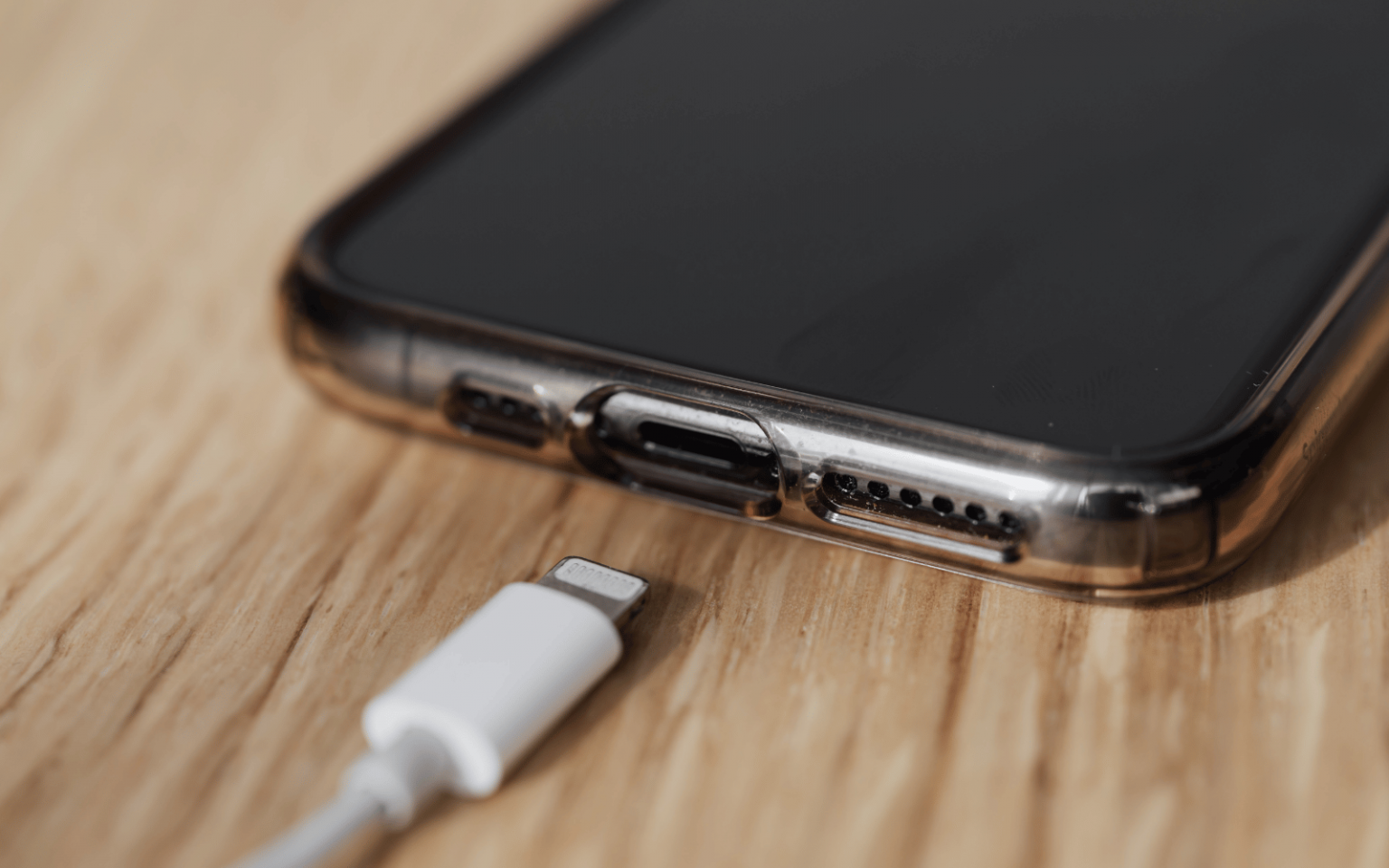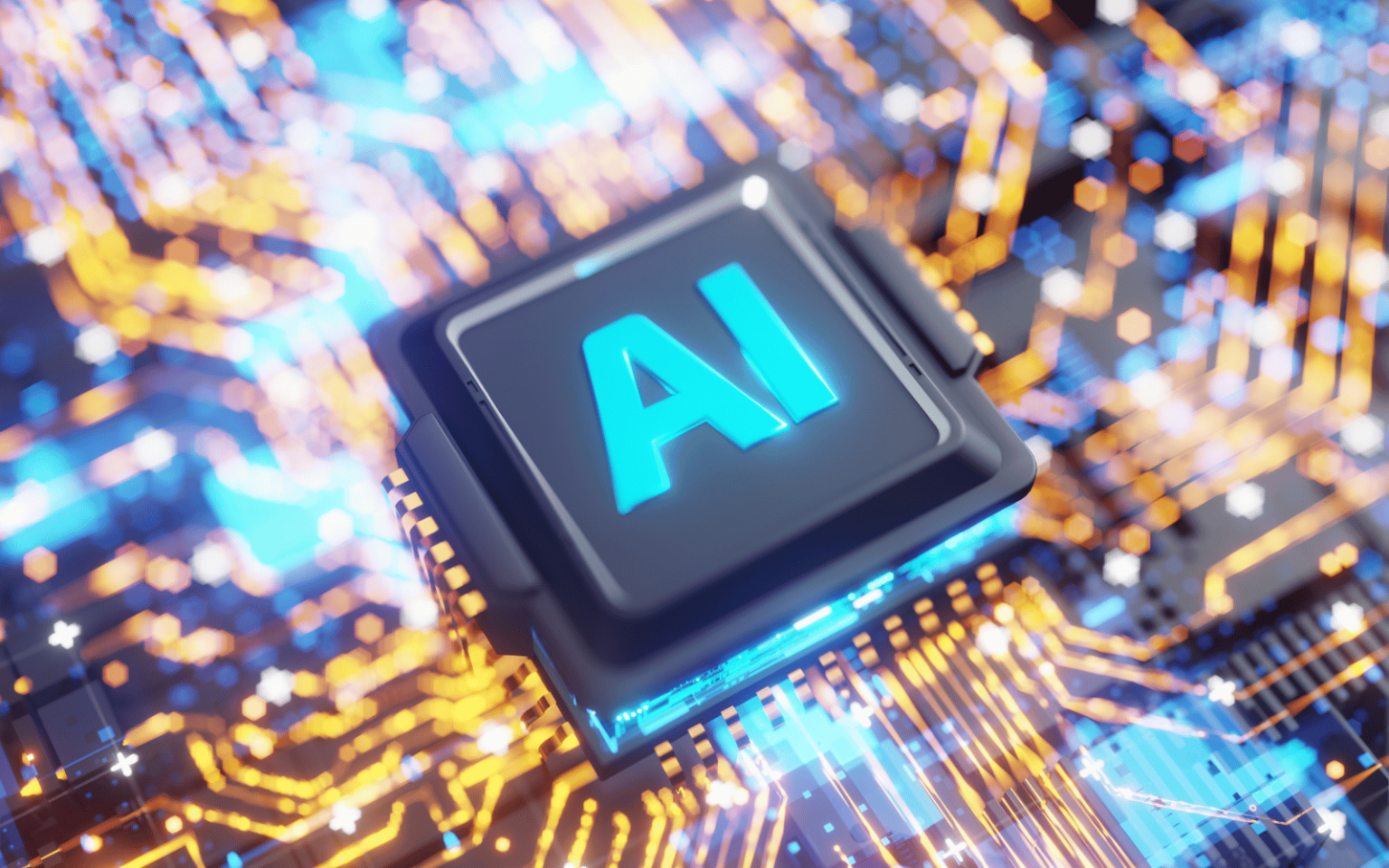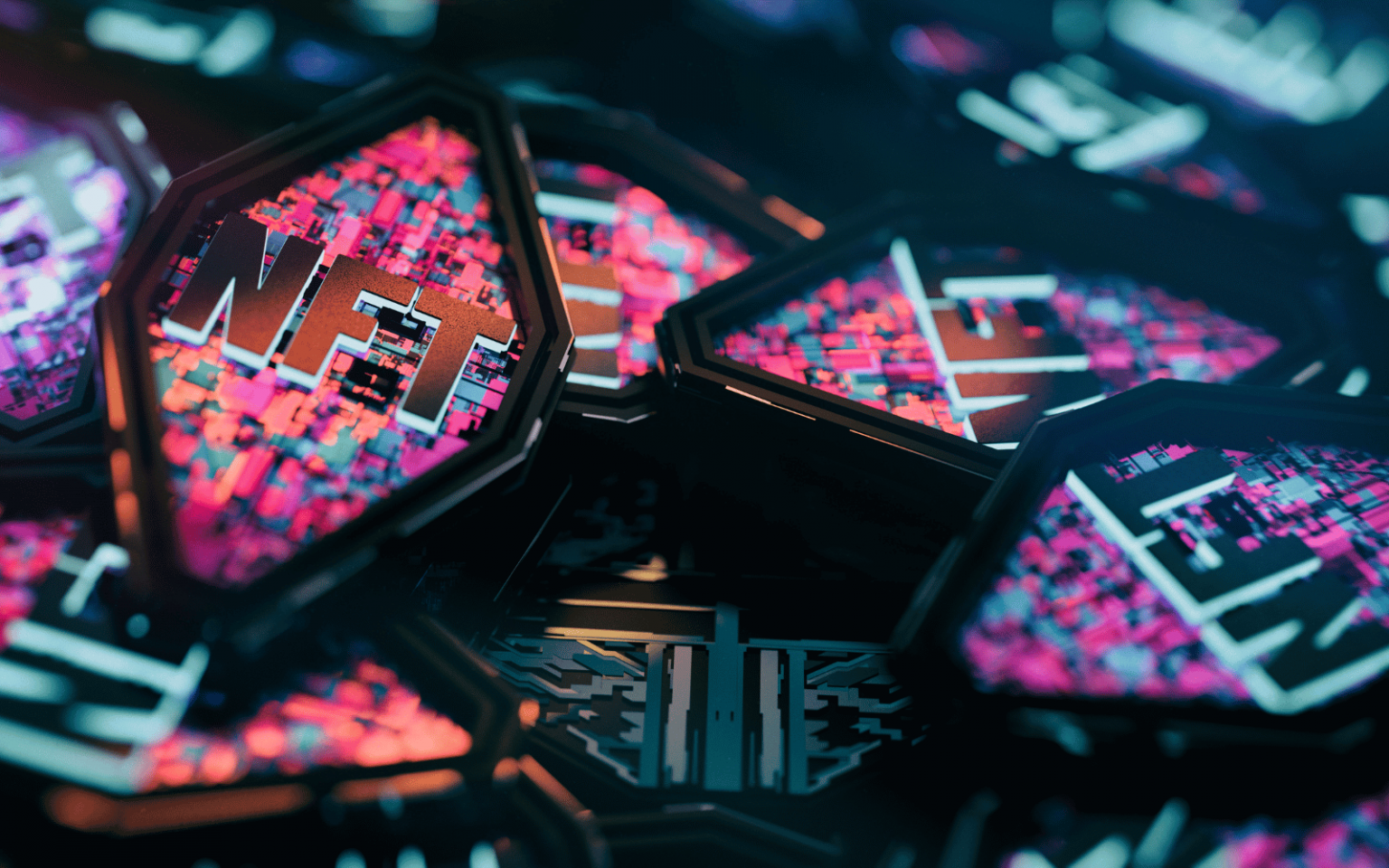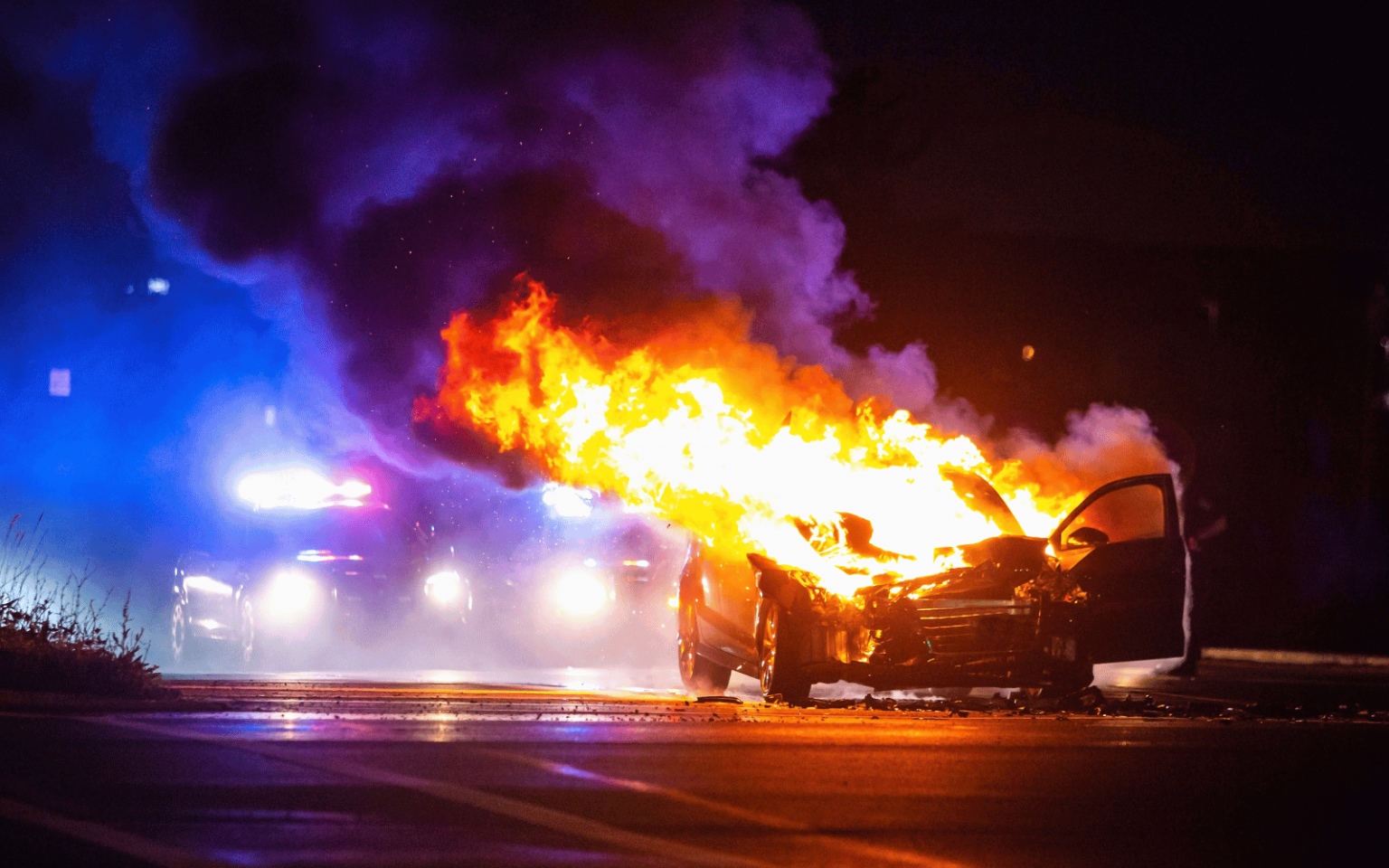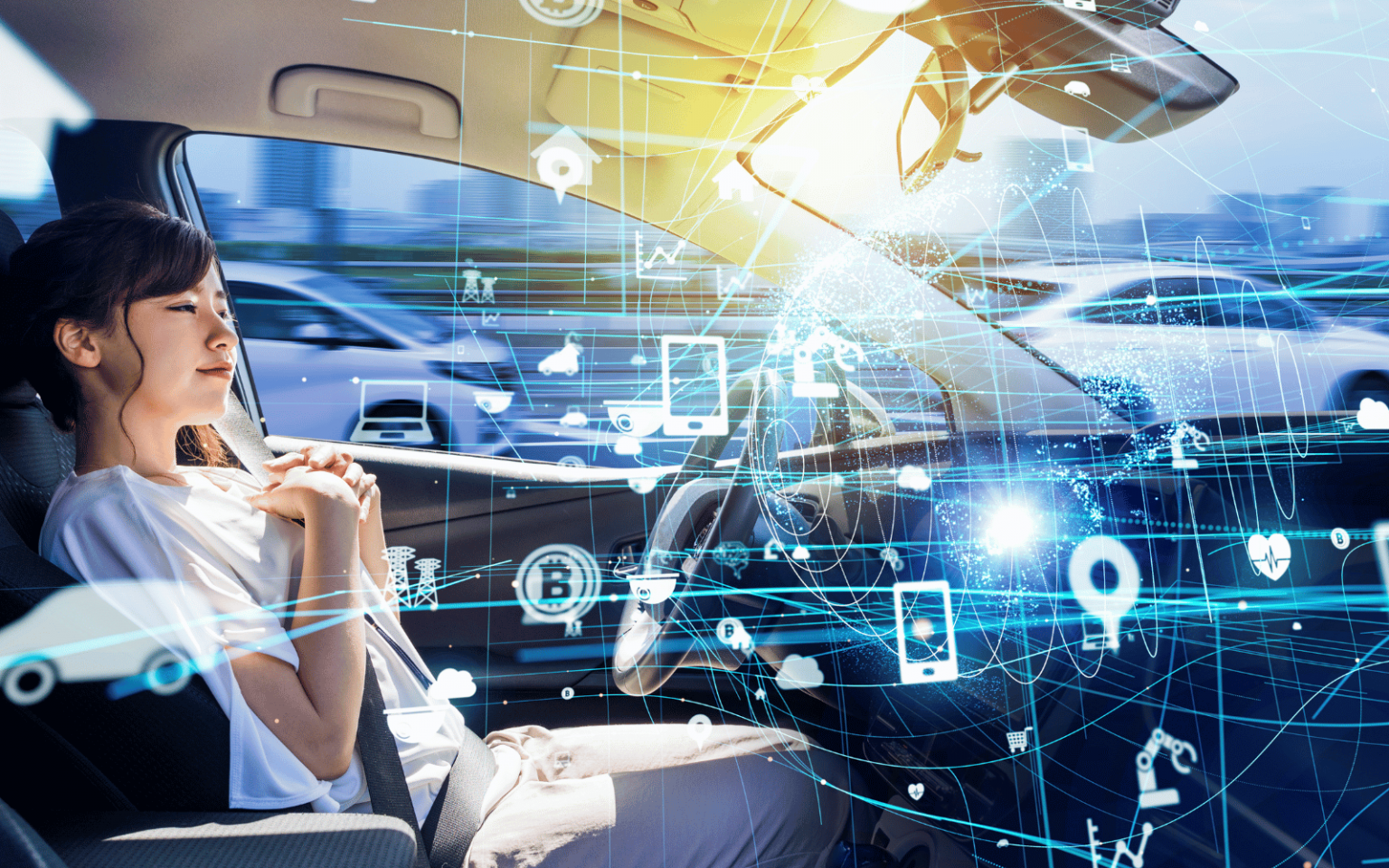Earth’s ocean is incredibly vast. Some parts of it are so remote that the nearest human habitation is the International Space Station. As the world warms, what happens in the ocean – and what happens to the ocean – will be vital to all our lives. But to monitor what’s happening in remote waters, we need to study the ocean from space. Late last year, NASA and CNES, the French space agency, launched a satellite that promises to give scientists a far better view than ever before of the ocean’s surface. The Surface Water and Ocean Topography (SWOT) mission will reveal ocean currents that play a…
Author: The Conversation
Household chores have a bad reputation. Many of us do not particularly like doing the dishes and cleaning the floor. No wonder companies are leveraging advances in robotics and artificial intelligence to introduce a new class of autonomous products, which promise to free us entirely from everyday chores. These gadgets operate without human oversight and free consumers from mundane chores. Sounds great, right? Well, it turns out that manual tasks have an inherent value to some of us. In a series of studies we show that autonomous products may actually strip away a source of meaning in life, despite unquestionable benefits such…
Electrons moving around in a molecule might not seem like the plot of an interesting movie. But a group of scientists will receive the 2023 Nobel Prize in physics for research that essentially follows the movement of electrons using ultrafast laser pulses, like capturing frames in a video camera. However, electrons, which partly make up atoms and form the glue that bonds atoms in molecules together, don’t move around on the same time scale people do. They’re much faster. So, the tools that physicists like me use to capture their motion have to be really fast – attosecond-scale fast. One attosecond is one billionth of a billionth of a…
In the world of lithium-ion batteries, smartphones take centre stage. Yet they’ve also sparked an ongoing debate: does prolonged (or overnight) charging wreak havoc on your battery? A number of factors determine a phone battery’s lifespan, including its manufacturing age and its chemical age. The latter refers to the battery’s gradual degradation due to variables such as fluctuations in temperature, charging and discharging patterns and overall usage. Over time, the chemical ageing of lithium-ion batteries reduces charge capacity, battery lifespan and performance. According to Apple: A normal [iPhone] battery is designed to retain up to 80% of its original capacity at 500…
In my digital studies class, I asked students to pose a query to ChatGPT and discuss the results. To my surprise, some asked ChatGPT about my biography. ChatGPT said I received my PhD from two different universities, and in two different subject areas, only one of which represented the focus of my doctoral work. This made for an entertaining class, but also helped illuminate a major risk of generative AI tools — making us more likely to fall victim to persuasive misinformation. To overcome this threat, educators need to teach skills to function in a world with AI-generated misinformation. Worsening the…
In the past, you may have envied your neighbour when they bought a new car or went on holiday abroad when you could not. Although these feelings of envy would have been perfectly valid, they were isolated incidents that would last for a short period of time. Today’s world is vastly different, as we carry comparison machines around with us in the form of mobile phones. The rise of social media has had many benefits but also given rise to social media envy when users perceive the perfect lives of others – even though they are rarely as perfect as…
Non-fungible tokens (NFTs) are in dire straits. With the market in a severe downturn, it’s safe to assume the NFT bubble has well and truly burst. It was never clear why these digital collectables traded for such large amounts of money. Now they mostly do not. What’s behind their turn of fate? And is there any hope for their future? What are NFTs? Non-fungible tokens are a blockchain-based means to claim unique “ownership” of digital assets. “Non-fungible” means unique, as opposed to a “fungible” item such as a five-dollar bill, which is the same as every other five-dollar bill. But…
Every so often, astronomers glimpse an intense flash of radio waves from space – a flash that lasts only instants but puts out as much energy in a millisecond as the Sun does in a few years. The origin of these “fast radio bursts” is one of the greatest mysteries in astronomy today. There is no shortage of ideas to explain the cause of the bursts: a catalogue of current theories shows more than 50 potential scenarios. You can take your pick from highly magnetised neutron stars, collisions of incredibly dense stars or many more extreme or exotic phenomena. How can we figure out…
Picture this: you’re cruising down the Great Ocean Road in your brand new electric vehicle (EV), the ocean to your left and the wind in your hair. But what if I told you this idyllic drive could turn into a nightmare, with the faint smell of something burning? When a lithium-ion battery fire breaks out, the damage can be extensive. These fires are not only intense, they are also long-lasting and potentially toxic. What causes these fires? Most electric vehicles humming along Australian roads are packed with lithium-ion batteries. They’re the same powerhouses that fuel our smartphones and laptops…
Like it or not, driverless cars will start to appear on our roads in the not too distant future. In theory, fully autonomous driverless vehicles will offer huge advantages to people with disabilities. Too often, people with disabilities face multiple problems while using public transport. They often need to rely on friends and relatives for lifts or spend too much of their limited budgets on taxis. All of these issues interfere with the rights of a person with disabilities to go shopping, to travel to work, to attend medical appointments, socialise, or go to entertainment venues. Also, people with certain disabilities are not permitted to drive at all, even…

